Home>Furniture & Design>Outdoor Furniture>What Wood To Use For Outdoor Bench
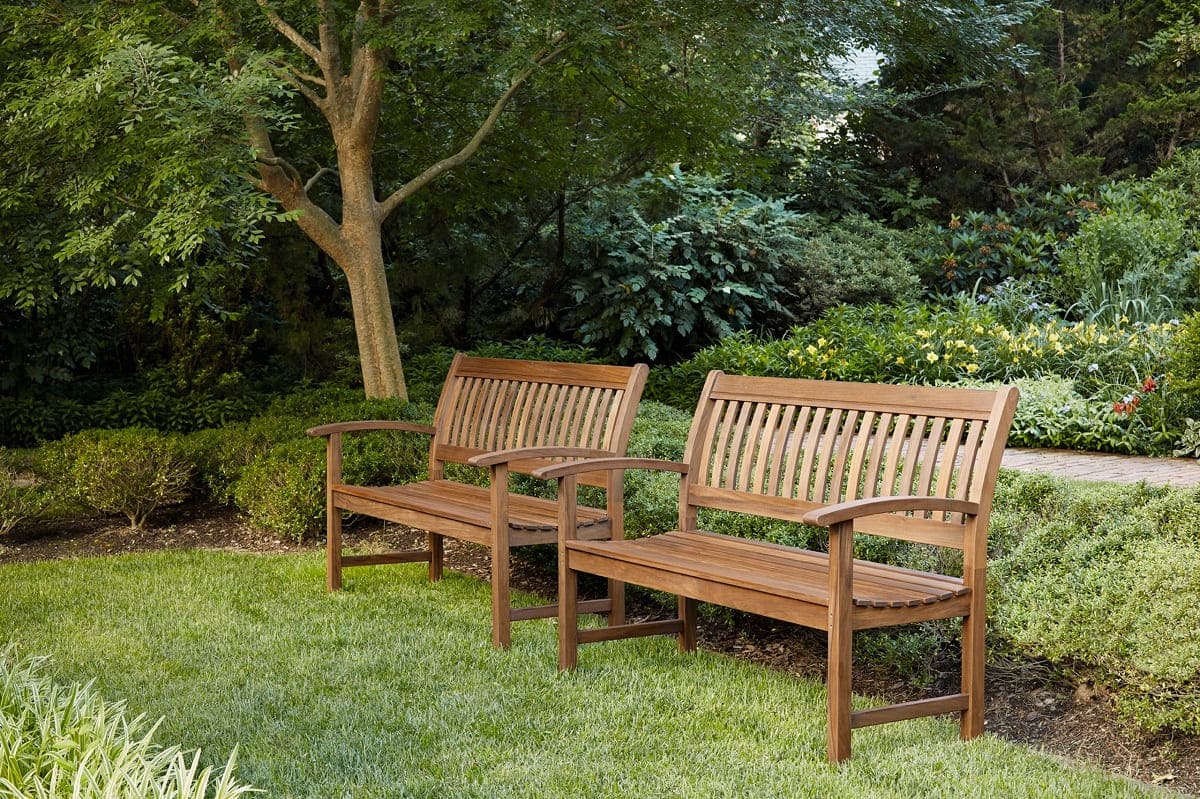

Outdoor Furniture
What Wood To Use For Outdoor Bench
Modified: February 12, 2024
Discover the best wood for outdoor benches and create durable and stylish furniture for your outdoor space. Find the perfect outdoor furniture and design with our expert guide.
(Many of the links in this article redirect to a specific reviewed product. Your purchase of these products through affiliate links helps to generate commission for Storables.com, at no extra cost. Learn more)
Introduction
When it comes to outdoor furniture, few pieces are as timeless and versatile as the outdoor bench. Whether it's nestled in a serene garden, adorning a bustling city park, or providing a cozy seating area on a porch, the outdoor bench is a beloved staple of exterior decor. However, not all outdoor benches are created equal, and the choice of wood plays a pivotal role in determining the bench's durability, aesthetics, and overall quality.
The type of wood used for an outdoor bench can significantly impact its ability to withstand the elements and maintain its visual allure over time. From the rich hues of mahogany to the classic charm of teak, the options for outdoor bench wood are as diverse as the settings in which they reside. Understanding the characteristics, advantages, and considerations of different wood types is essential for selecting the most suitable material for your outdoor bench.
In this comprehensive guide, we will explore the various types of wood commonly used for outdoor benches, delve into the characteristics that make a wood type suitable for outdoor use, identify the best wood options for crafting durable and aesthetically pleasing outdoor benches, and provide valuable insights to help you make an informed decision. Whether you're a homeowner looking to enhance your outdoor space or a designer seeking the perfect material for a project, this guide will equip you with the knowledge needed to select the ideal wood for your outdoor bench. So, let's embark on this journey through the world of outdoor furniture and discover the perfect wood for your outdoor bench masterpiece.
Key Takeaways:
- Choose teak, cedar, redwood, mahogany, or acacia for durable and beautiful outdoor benches. These woods resist weather, insects, and decay, ensuring long-lasting appeal in any outdoor setting.
- Prioritize weather resistance, insect resistance, durability, stability, low maintenance, and aesthetic appeal when selecting wood for outdoor benches. Teak, cedar, redwood, mahogany, and acacia are top choices for enduring and visually stunning outdoor furniture.
Read more: What To Use To Treat Wood For Outdoor Use
Types of Wood for Outdoor Benches
When it comes to outdoor benches, the choice of wood is a crucial decision that directly impacts the bench’s longevity, appearance, and maintenance requirements. Various types of wood are favored for crafting outdoor benches, each possessing unique characteristics that contribute to its suitability for outdoor use. Let’s explore some of the most popular wood options for outdoor benches:
- Teak: Renowned for its exceptional durability and natural resistance to decay and insects, teak is a top choice for outdoor furniture, including benches. Its high oil content and tight grain contribute to its ability to withstand the elements, making it a popular option for outdoor settings.
- Cedar: Known for its distinct aroma and natural resistance to rot and insect infestation, cedar is a popular choice for outdoor furniture. Its lightweight nature and beautiful grain patterns make it a desirable option for crafting benches that exude rustic charm.
- Redwood: With its striking reddish-brown hue and natural resistance to decay and insects, redwood is a favored wood for outdoor furniture, including benches. Its stability and durability make it an excellent choice for enduring outdoor conditions.
- Mahogany: Boasting a rich, reddish-brown hue and exceptional durability, mahogany is a luxurious option for outdoor benches. Its natural resistance to decay and elegant appearance make it a sought-after choice for adding sophistication to outdoor spaces.
- Pine: A cost-effective option for outdoor benches, pine offers a blend of affordability and natural resistance to decay and insect infestation when properly treated. Its light color and ability to take on various finishes make it a versatile choice for outdoor furniture.
- Acacia: Known for its striking grain patterns and natural durability, acacia is a popular choice for outdoor benches. Its resistance to moisture and decay, coupled with its attractive appearance, make it a compelling option for outdoor settings.
Each type of wood brings its own set of characteristics and advantages to the table, catering to different preferences and requirements. Understanding the distinct properties of these wood types is essential for making an informed decision when selecting the ideal material for your outdoor bench. In the following sections, we will delve deeper into the specific characteristics that make a wood type suitable for outdoor use, guiding you toward the best choice for your outdoor bench project.
Characteristics of Suitable Wood
Choosing the right wood for an outdoor bench involves considering a range of characteristics that determine the wood’s ability to withstand outdoor conditions while maintaining its visual appeal. The following are essential characteristics to look for in wood intended for outdoor use:
- Weather Resistance: Suitable outdoor bench wood should exhibit natural resistance to moisture, rot, and decay. This resistance ensures the wood can withstand exposure to rain, humidity, and fluctuating temperatures without succumbing to damage.
- Insect Resistance: Outdoor benches are susceptible to insect infestation, making insect resistance a critical characteristic for the wood used in their construction. A suitable wood type should naturally deter insects, reducing the risk of damage over time.
- Durability: The chosen wood should possess inherent durability, capable of withstanding constant exposure to outdoor elements without compromising its structural integrity. This ensures the bench remains sturdy and reliable for years to come.
- Stability: Wood that is prone to warping, twisting, or cracking due to environmental factors is unsuitable for outdoor benches. Optimal wood should maintain stability and structural integrity despite seasonal changes and exposure to varying moisture levels.
- Low Maintenance: Ideal wood for outdoor benches requires minimal maintenance to preserve its appearance and structural quality. Low-maintenance wood minimizes the need for frequent refinishing, sealing, or other labor-intensive upkeep.
- Aesthetic Appeal: While functionality is paramount, the visual appeal of the wood cannot be overlooked. The chosen wood should offer an attractive appearance that complements the outdoor environment and retains its beauty over time.
These characteristics collectively contribute to the suitability of a wood type for crafting outdoor benches. By prioritizing these traits, you can ensure that the selected wood will not only withstand the rigors of outdoor exposure but also enhance the aesthetic appeal of the bench, creating a lasting and visually pleasing addition to any outdoor space.
Choose a durable and weather-resistant wood like cedar, teak, or redwood for an outdoor bench. These woods can withstand the elements and resist rot and decay, making them ideal for outdoor furniture.
Best Wood for Outdoor Benches
When it comes to selecting the best wood for outdoor benches, several options stand out for their exceptional combination of durability, aesthetics, and suitability for outdoor use. The following wood types are widely regarded as top choices for crafting outdoor benches:
- Teak: Renowned for its unparalleled durability and natural resistance to moisture, insects, and decay, teak is a premier choice for outdoor benches. Its rich, golden-brown hue and ability to withstand the harshest outdoor conditions make it a top contender for those seeking long-lasting and visually stunning benches.
- Cedar: With its natural resistance to decay and insects, aromatic cedar is a popular choice for outdoor benches. Its light weight, beautiful grain patterns, and distinct aroma make it an appealing option for those desiring a charming and resilient bench for outdoor settings.
- Redwood: Known for its striking reddish-brown hue and exceptional resistance to decay and insects, redwood is a favored wood for outdoor furniture, including benches. Its stability and durability make it an excellent choice for enduring outdoor conditions while adding a touch of natural elegance to any space.
- Mahogany: Boasting a luxurious appearance and exceptional durability, mahogany is a sophisticated option for outdoor benches. Its natural resistance to decay and stunning reddish-brown hue elevate the visual appeal of outdoor benches while ensuring longevity in various outdoor environments.
- Acacia: Recognized for its striking grain patterns and natural durability, acacia is a compelling choice for outdoor benches. Its resistance to moisture and decay, coupled with its attractive appearance, makes it a popular option for those seeking a blend of beauty and resilience in their outdoor furniture.
These wood types have earned acclaim for their ability to withstand outdoor conditions, resist decay and insects, and maintain their visual allure over time. Whether you prioritize durability, aesthetics, or a harmonious blend of both, these top wood choices offer a range of options to suit diverse preferences and project requirements.
When selecting the best wood for your outdoor bench, it’s essential to consider the specific environmental factors and design preferences unique to your outdoor space. By weighing the advantages and characteristics of each wood type, you can make an informed decision that results in a stunning, enduring, and functional outdoor bench that enhances the beauty and comfort of its surroundings.
Conclusion
Choosing the right wood for an outdoor bench is a decision that encompasses both practical considerations and aesthetic preferences. The wood type plays a pivotal role in determining the bench’s ability to withstand the elements, resist decay and insects, and maintain its visual appeal over time. By understanding the characteristics and advantages of various wood types, you can make an informed decision that ensures the creation of a durable, visually appealing, and enduring outdoor bench.
From the exceptional durability of teak to the natural resistance of cedar and the striking beauty of mahogany, the options for crafting outdoor benches are as diverse as the environments in which they are placed. Each wood type brings its own set of advantages, allowing you to tailor your choice to the specific requirements and design vision for your outdoor space.
Whether you prioritize resilience, aesthetics, or a harmonious blend of both, the best wood for outdoor benches offers a range of options to suit diverse preferences and project needs. By carefully considering the weather resistance, insect resistance, durability, stability, low maintenance, and aesthetic appeal of each wood type, you can select the ideal material for your outdoor bench, ensuring that it remains a cherished and enduring addition to your outdoor environment.
Ultimately, the perfect wood for your outdoor bench is one that not only withstands the test of time and the elements but also enhances the natural beauty of its surroundings. With the knowledge gained from this guide, you are well-equipped to embark on your outdoor bench project, confident in your ability to choose the best wood for a bench that will be enjoyed for years to come.
So, as you venture into the world of outdoor furniture and design, armed with a deeper understanding of the best wood options for outdoor benches, may your choice result in a captivating, enduring, and inviting outdoor bench that enriches the outdoor experience for all who encounter it.
Frequently Asked Questions about What Wood To Use For Outdoor Bench
Was this page helpful?
At Storables.com, we guarantee accurate and reliable information. Our content, validated by Expert Board Contributors, is crafted following stringent Editorial Policies. We're committed to providing you with well-researched, expert-backed insights for all your informational needs.
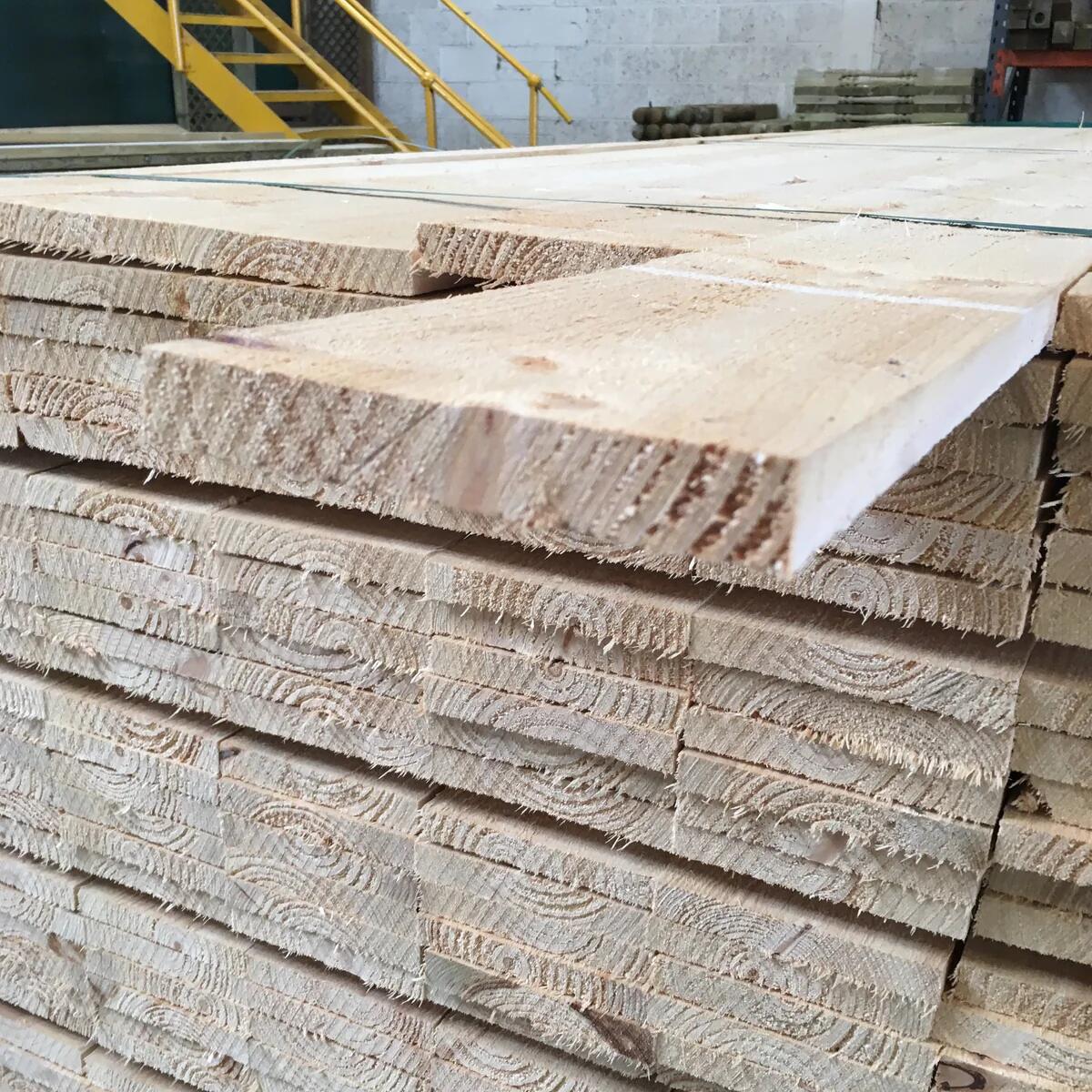
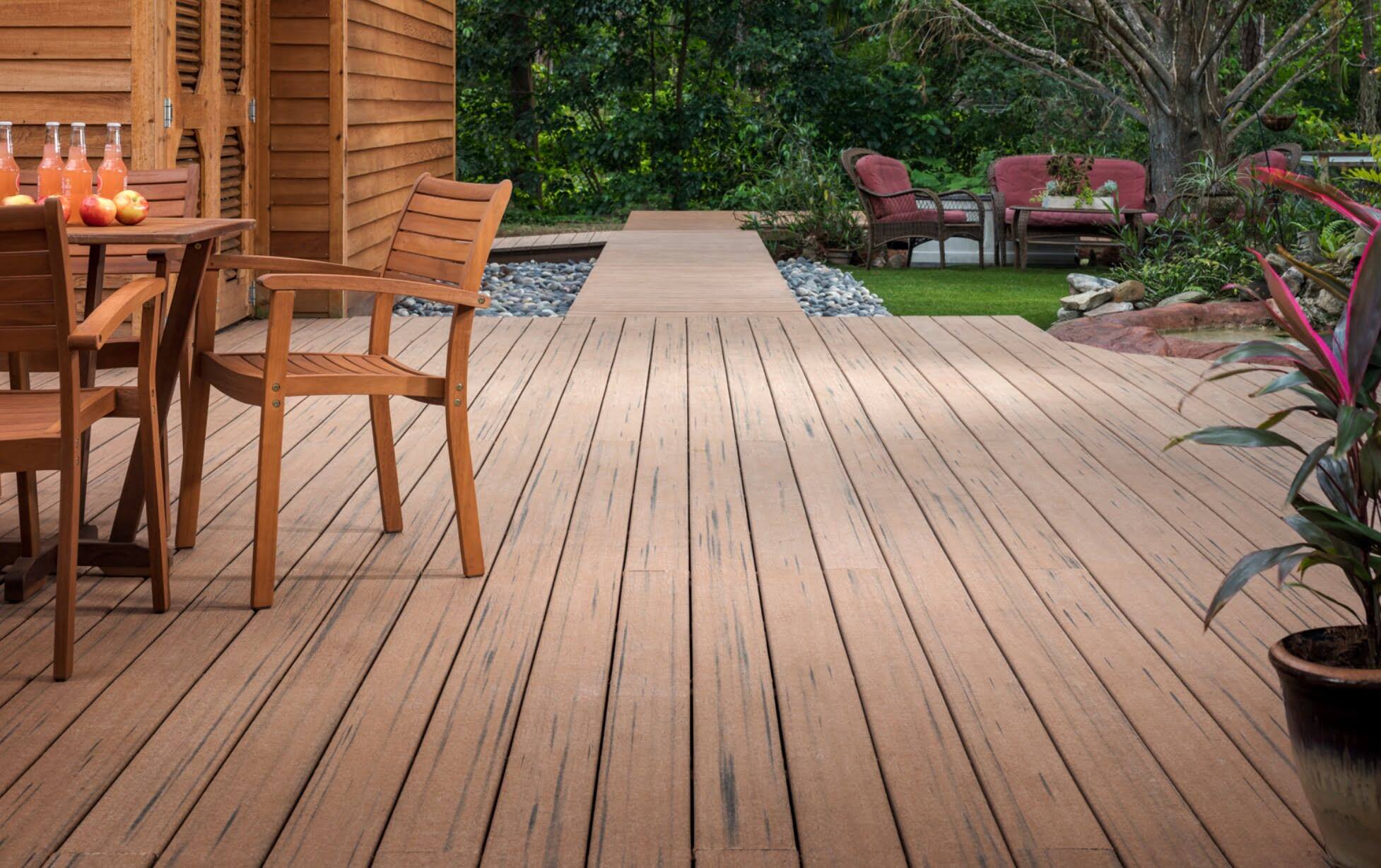
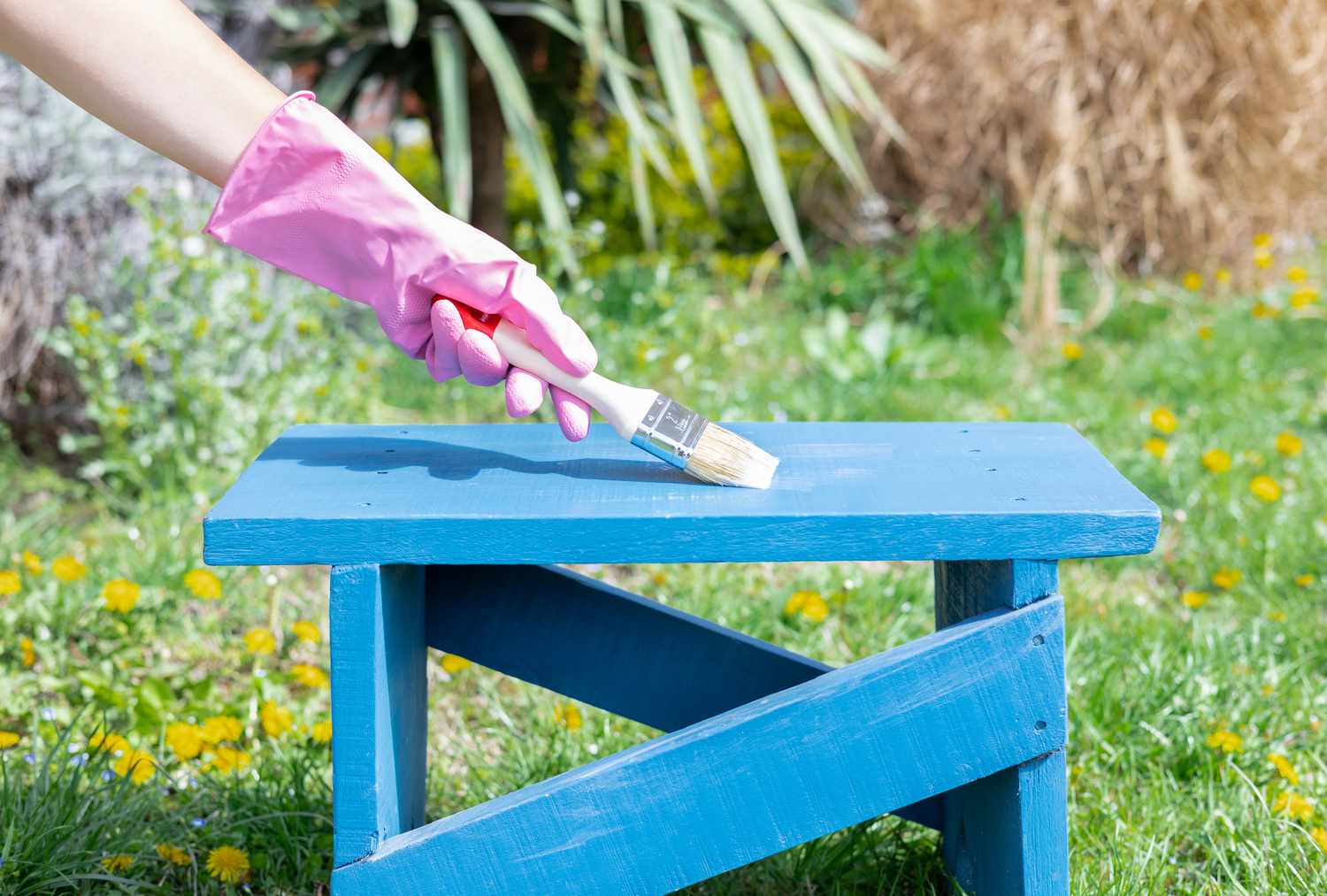
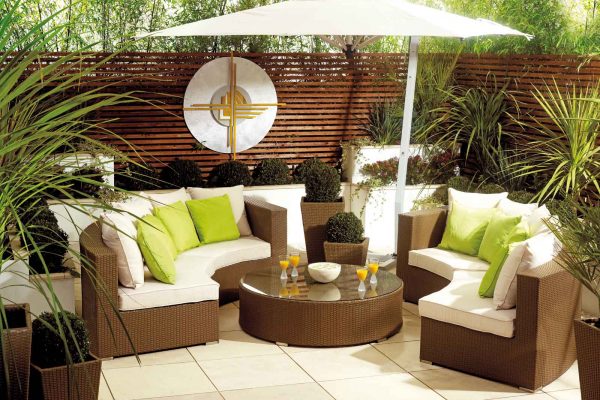

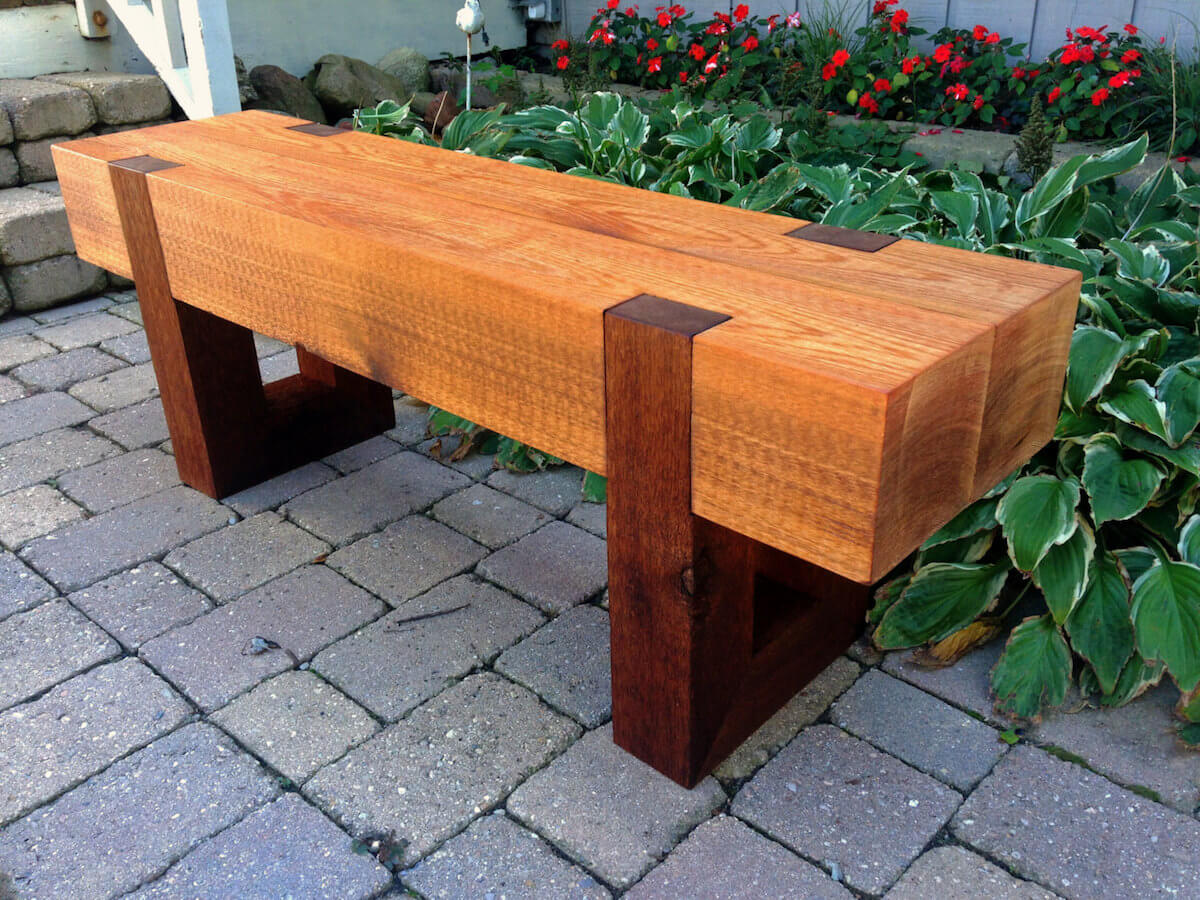
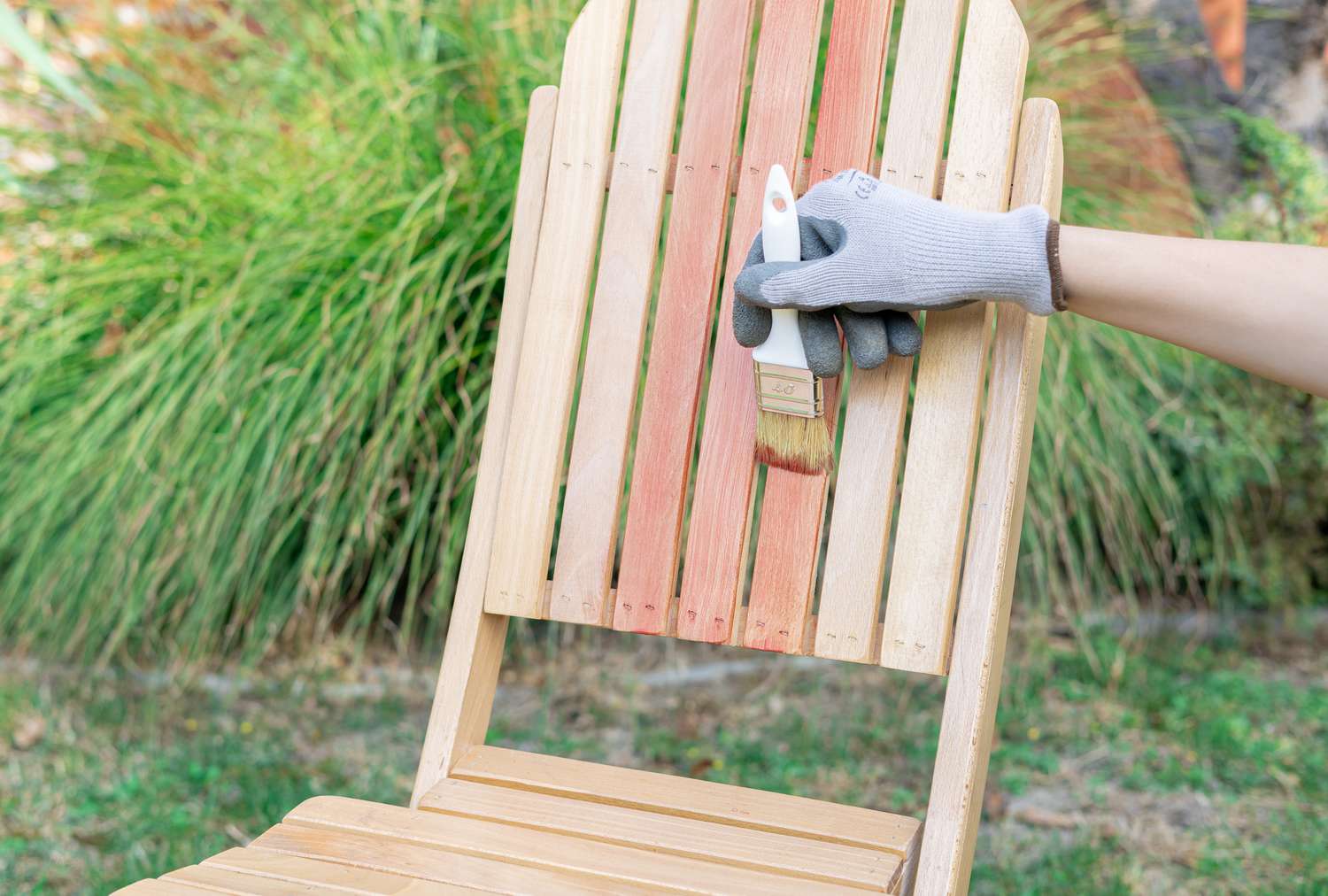
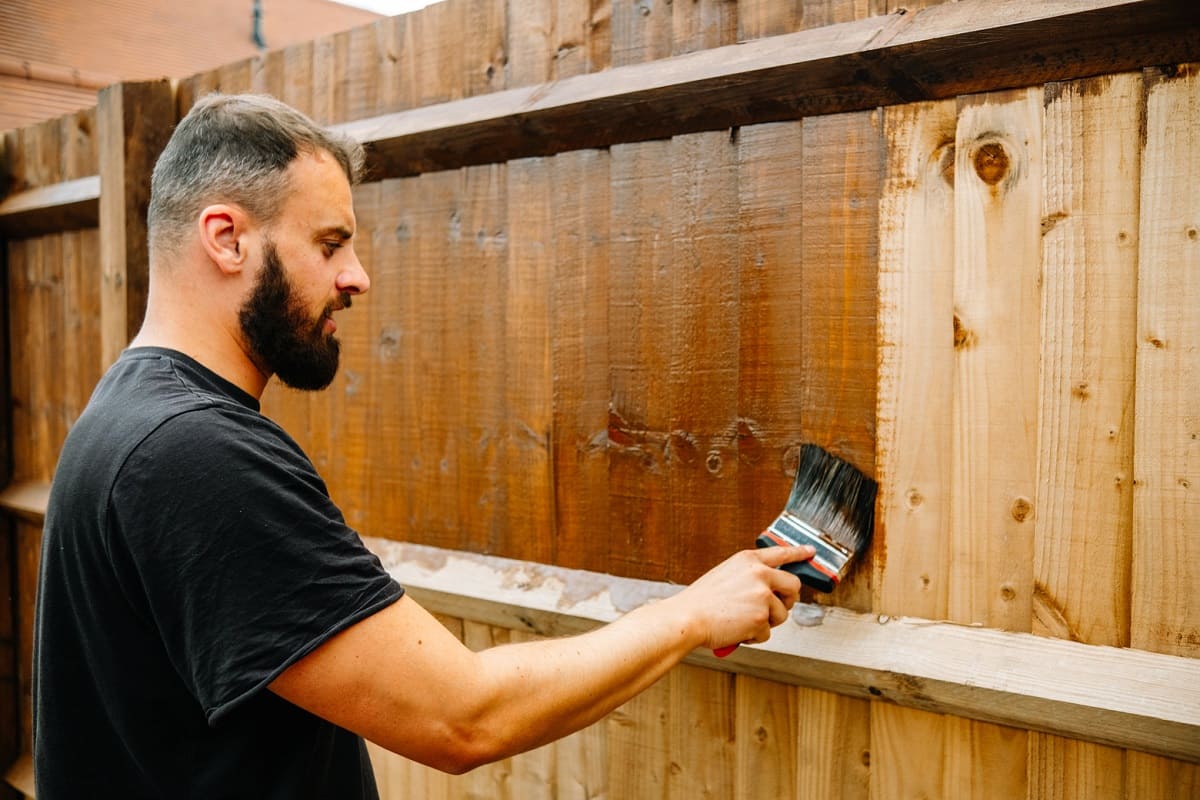
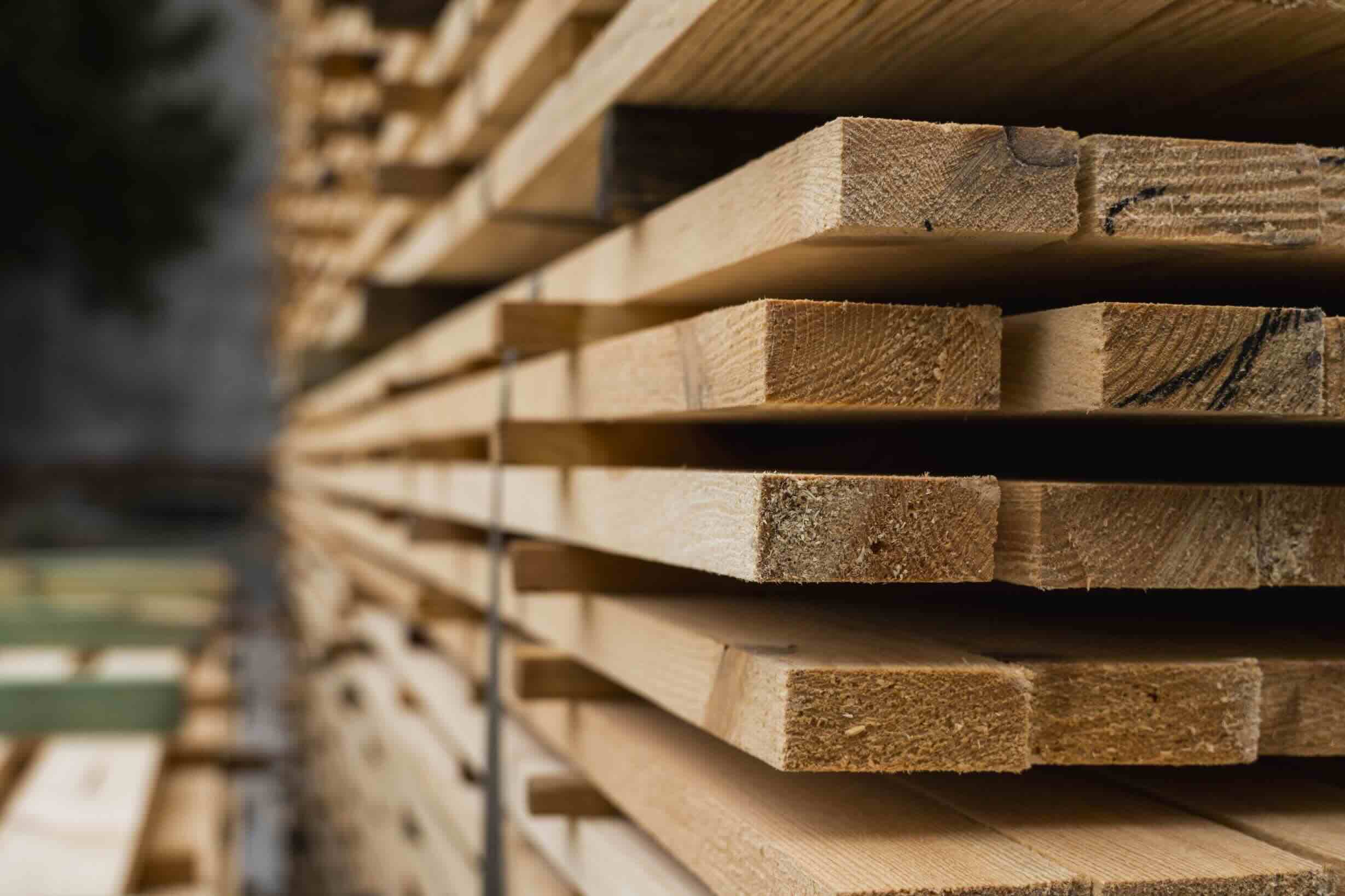
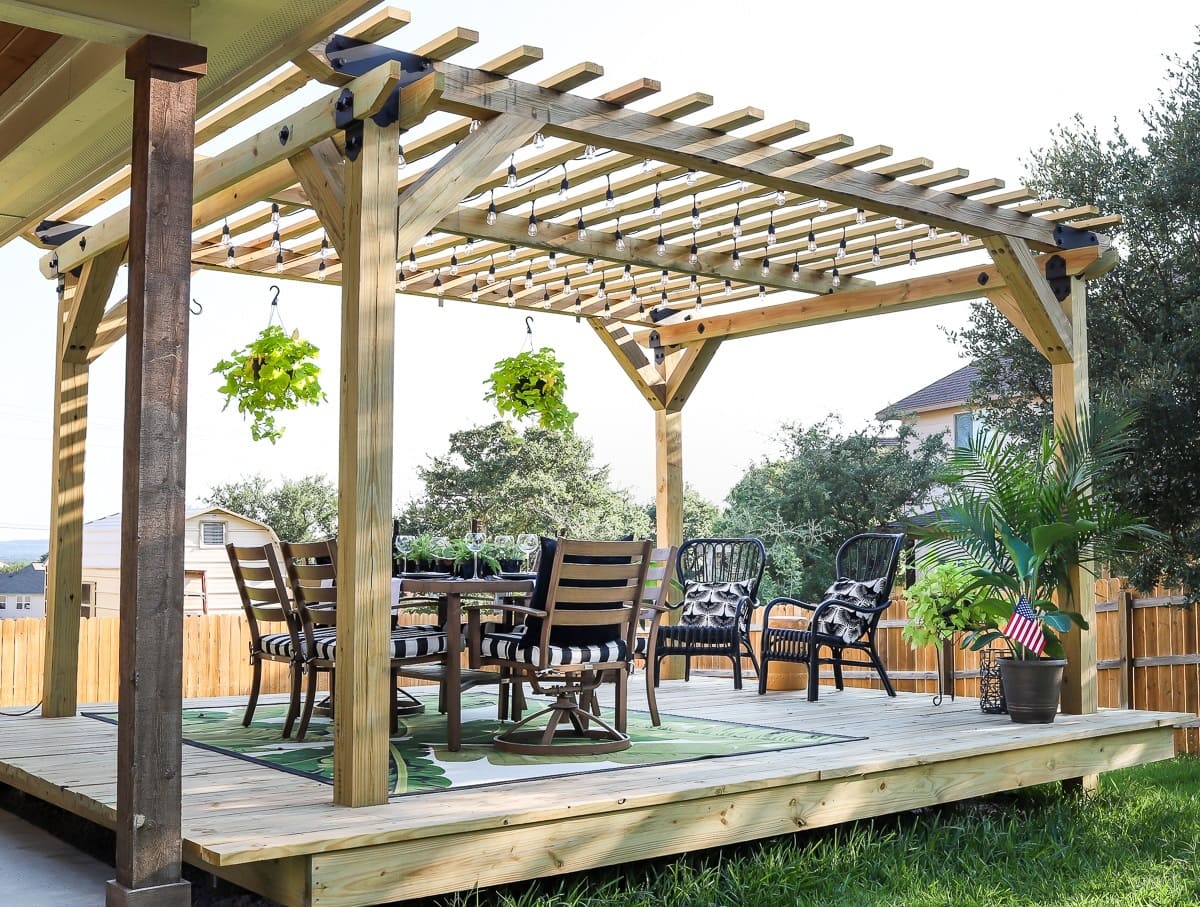
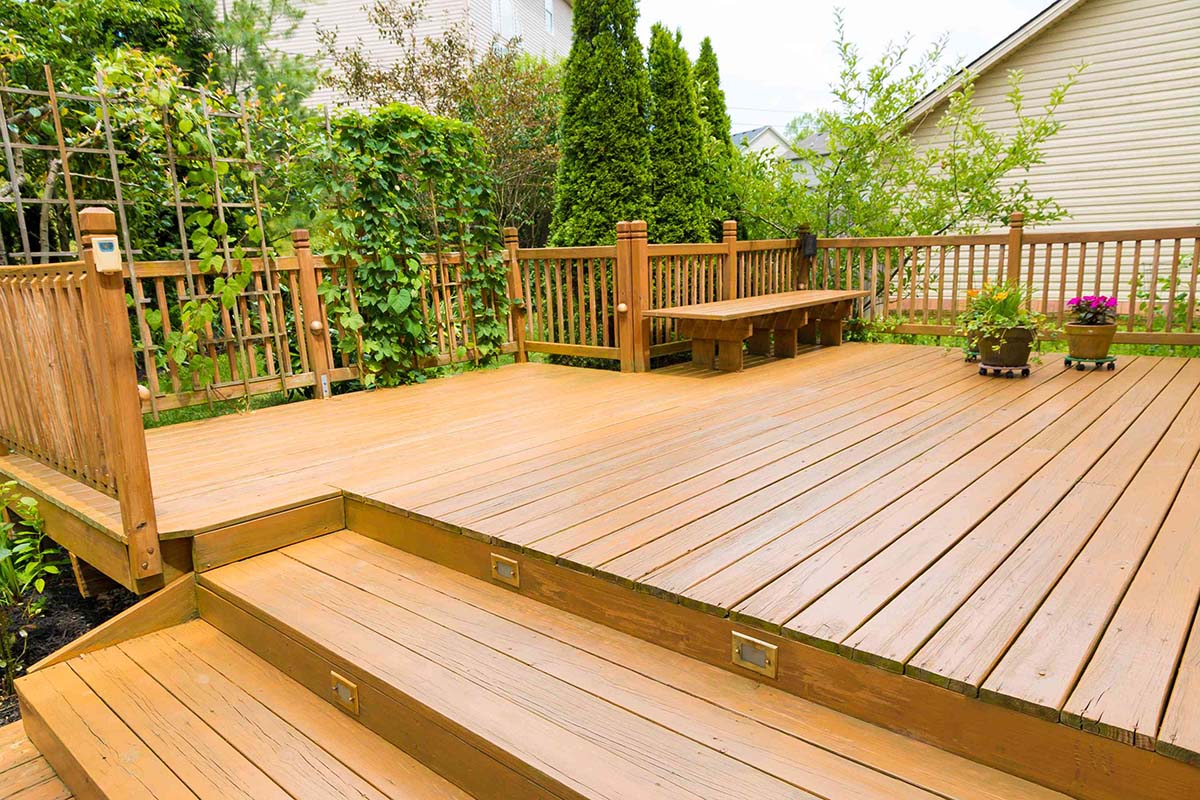
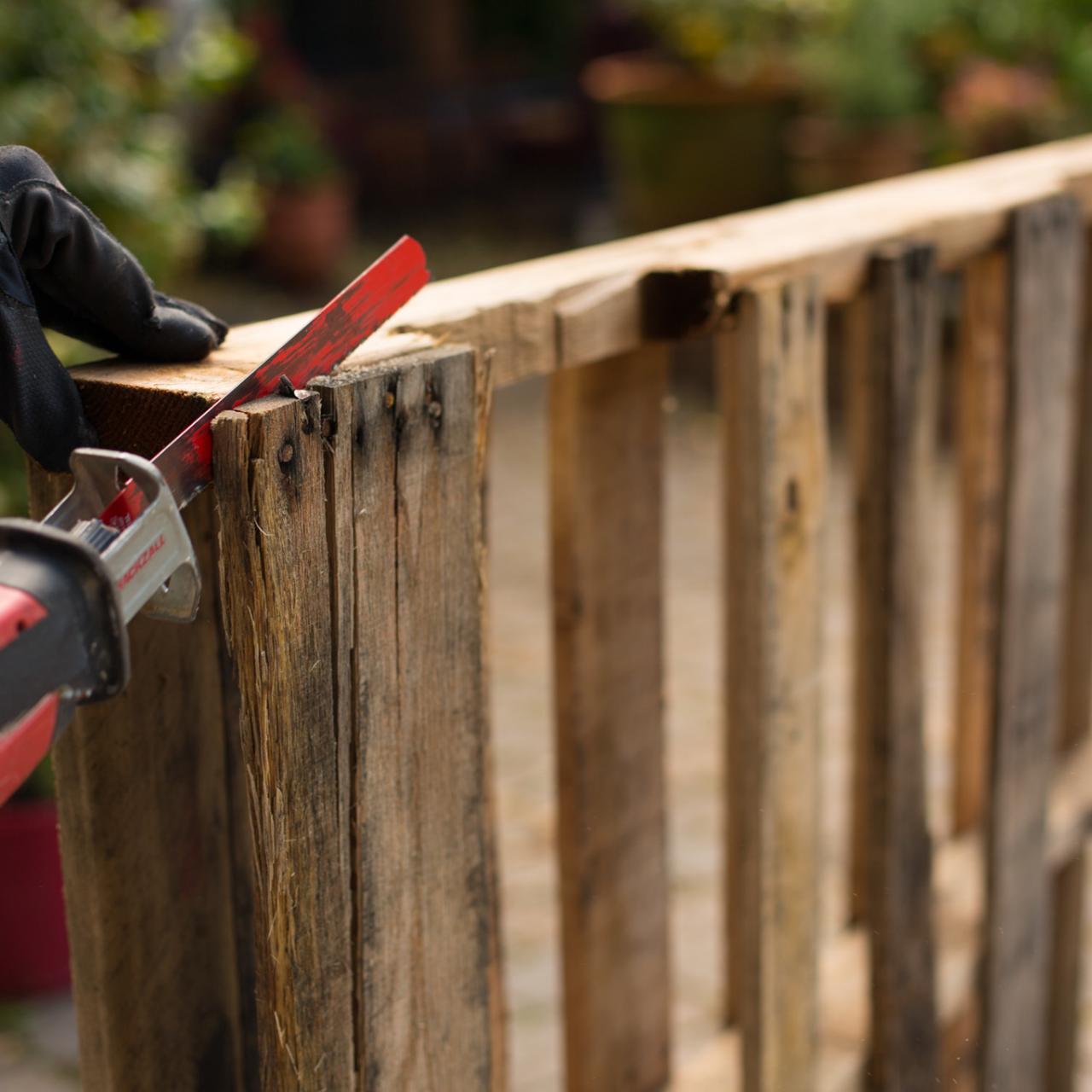
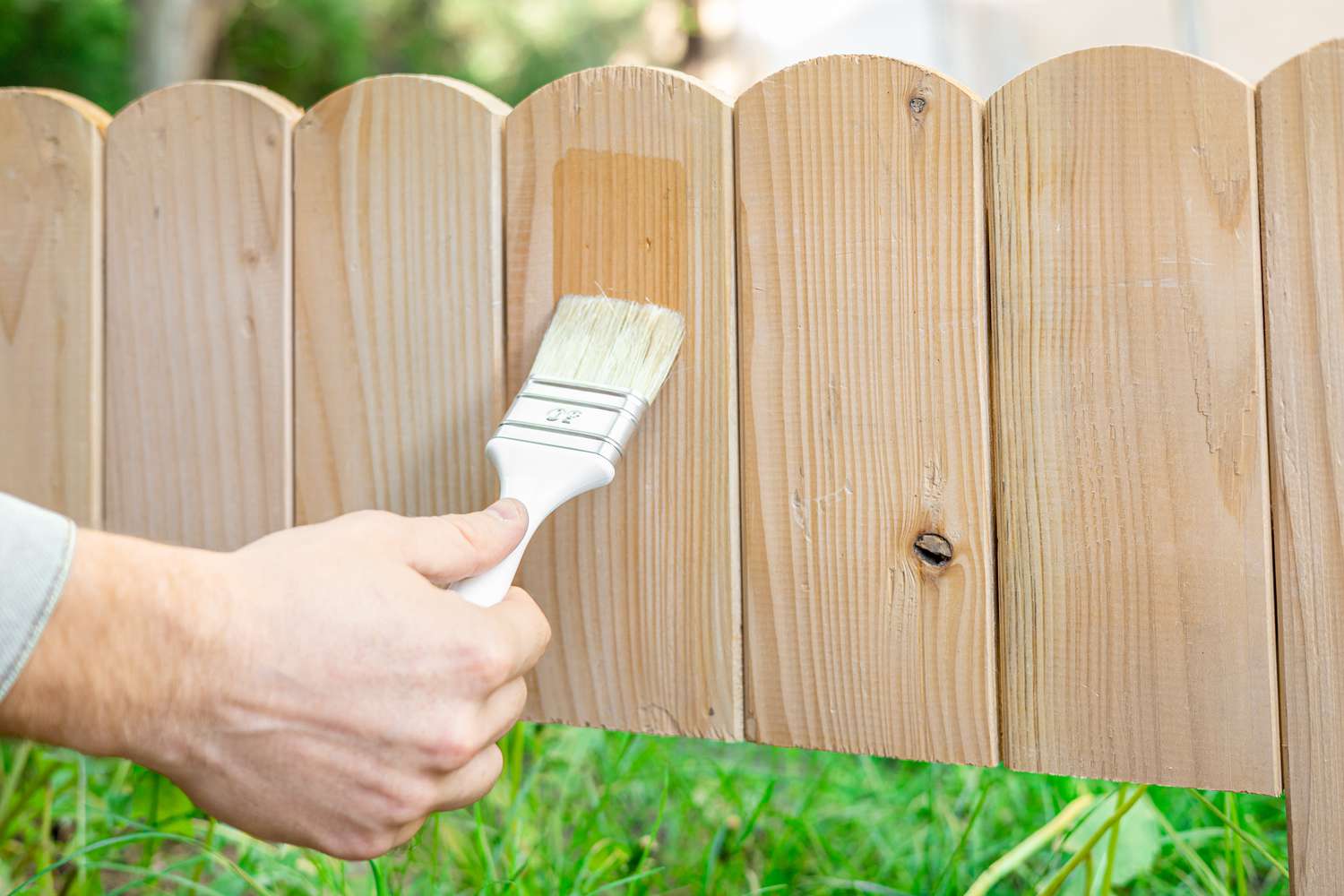
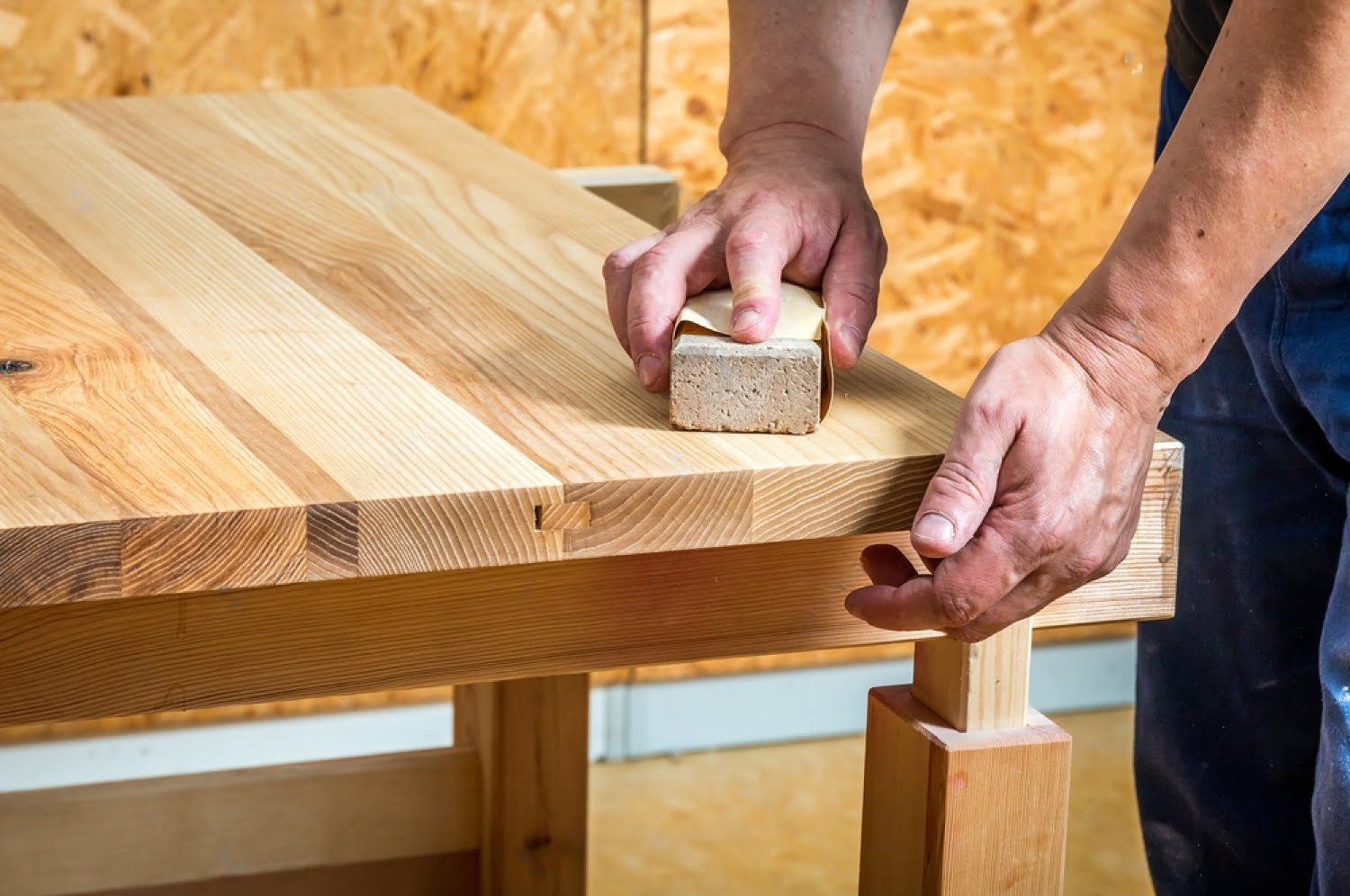
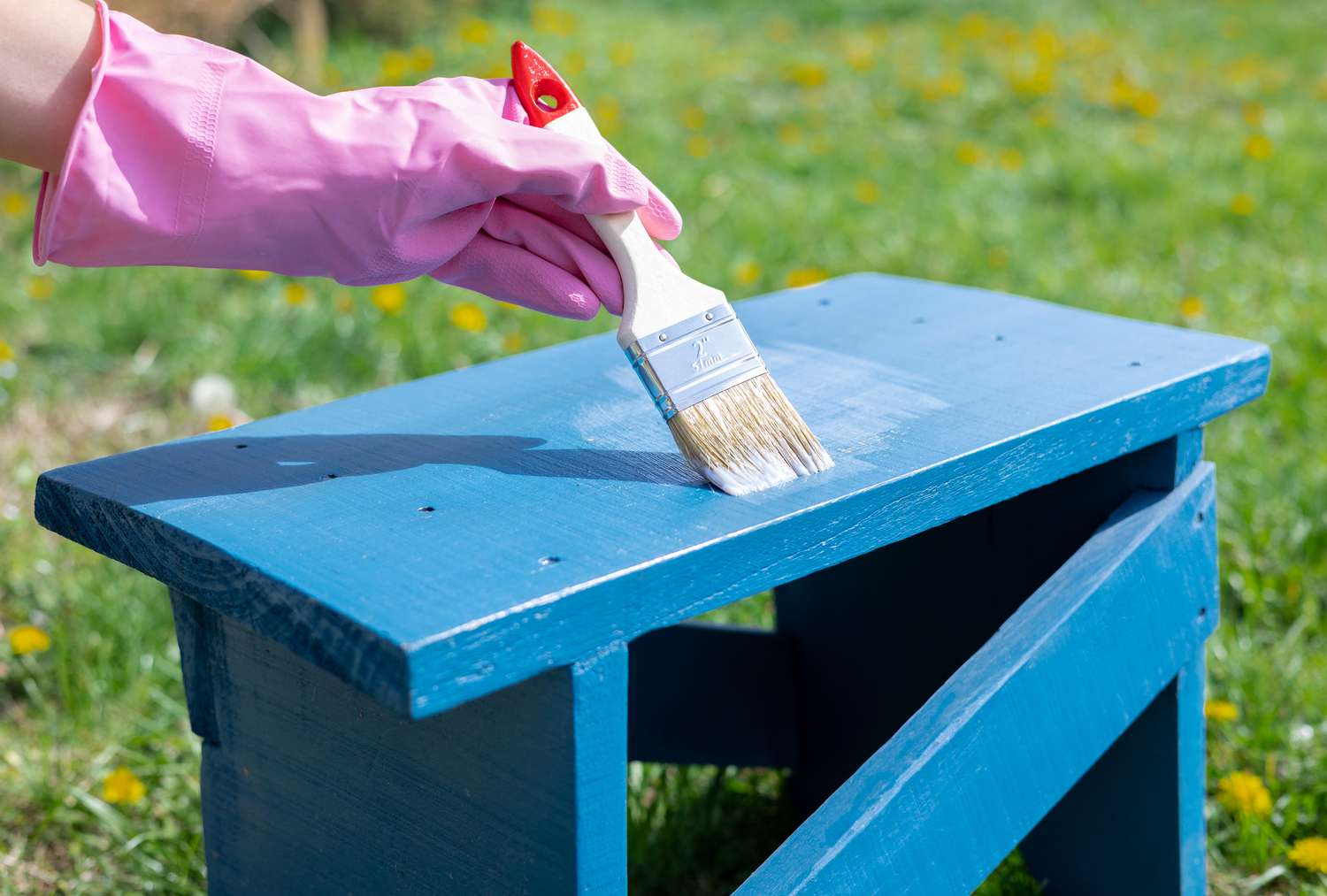

0 thoughts on “What Wood To Use For Outdoor Bench”